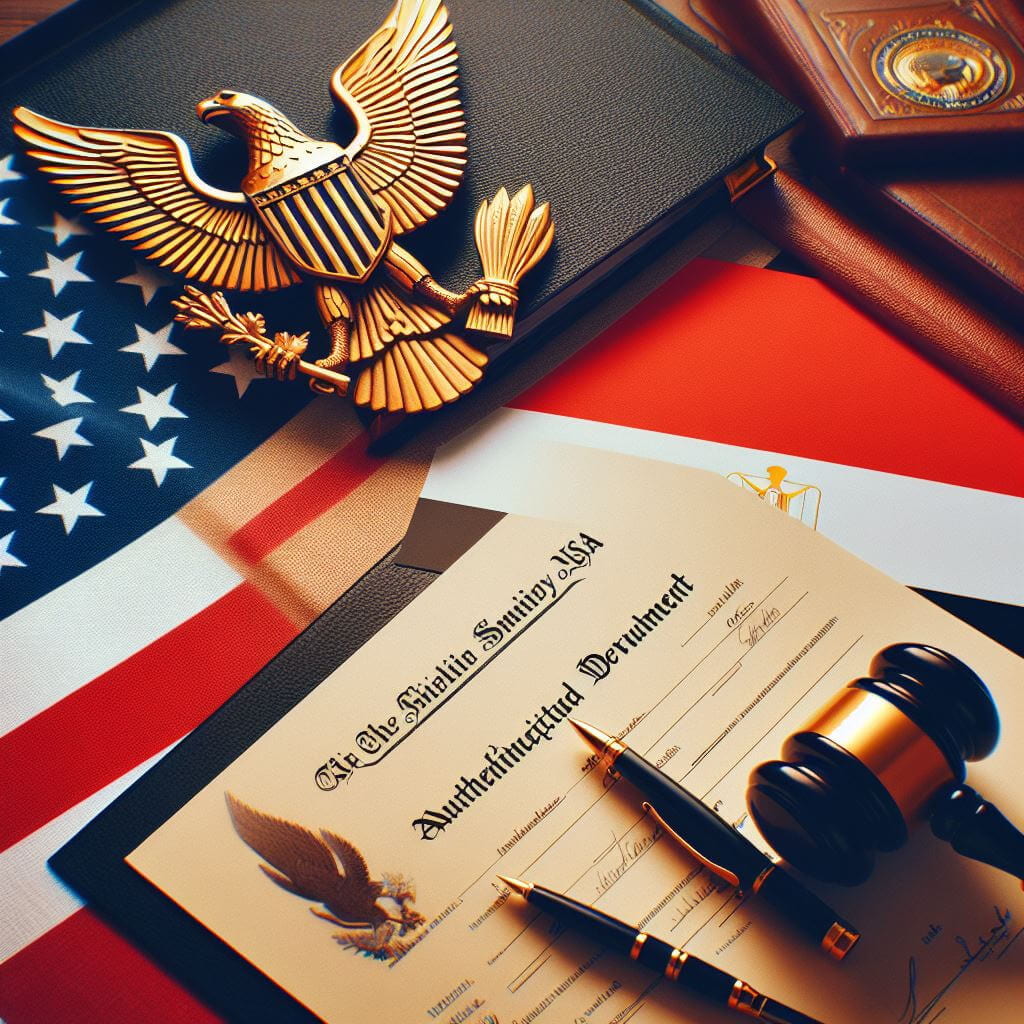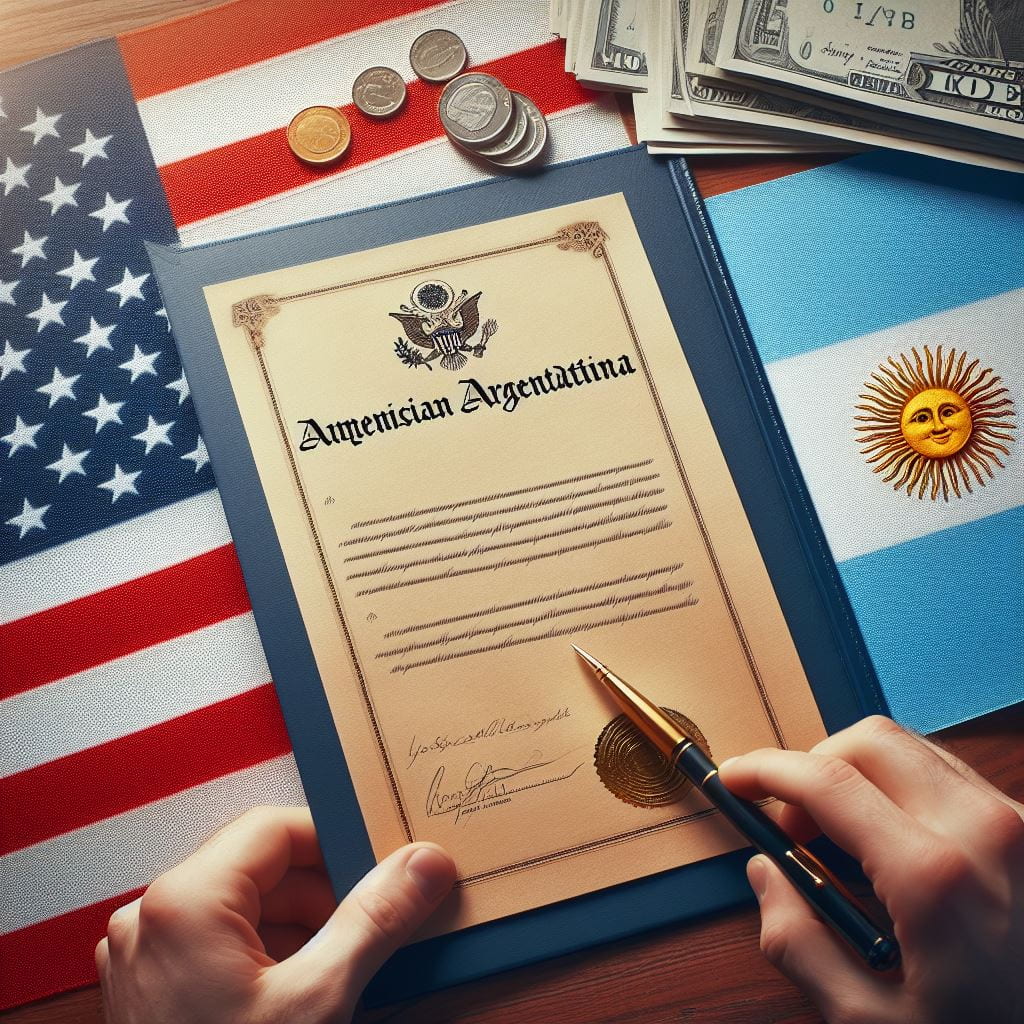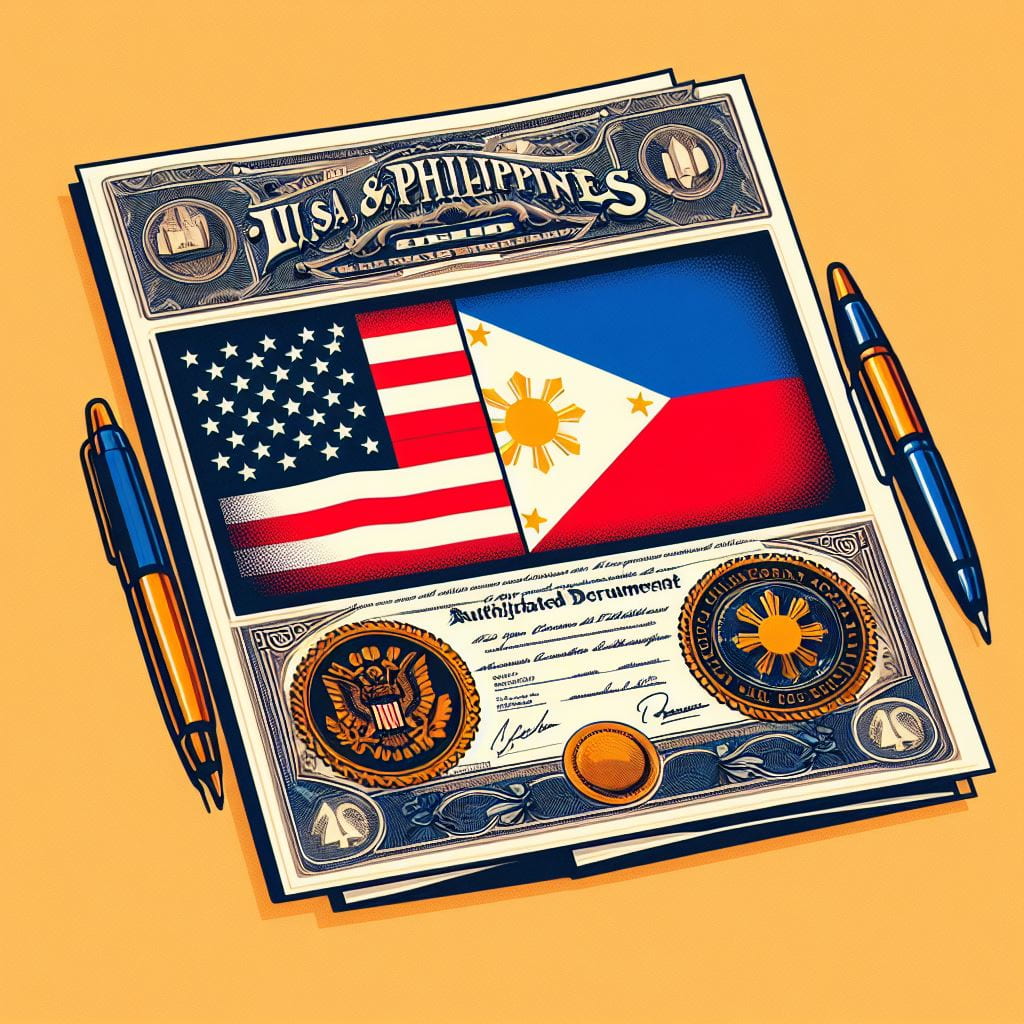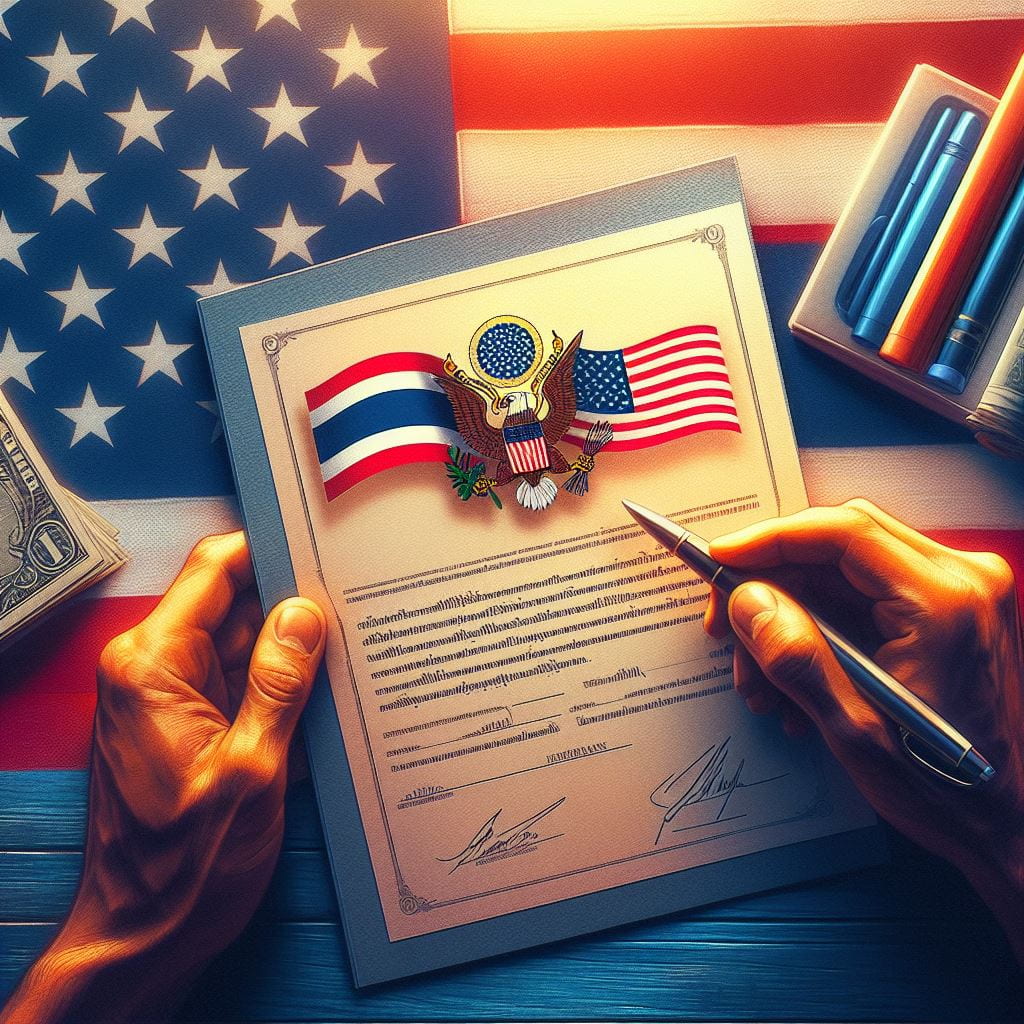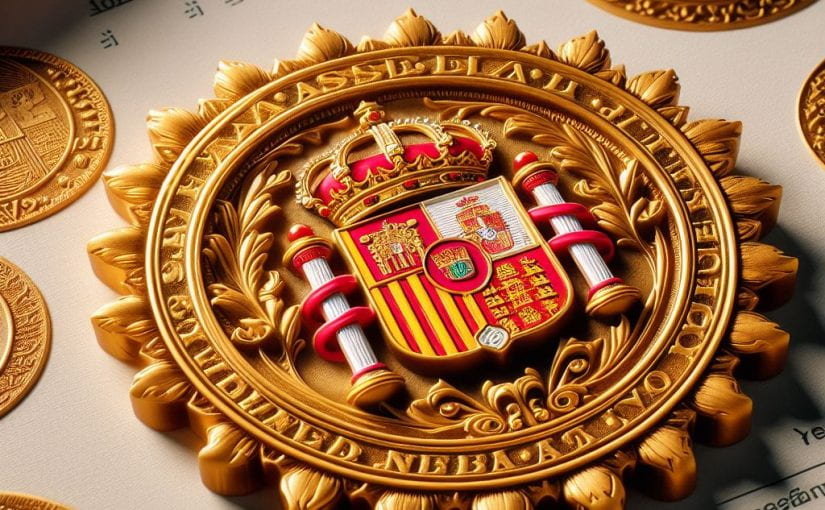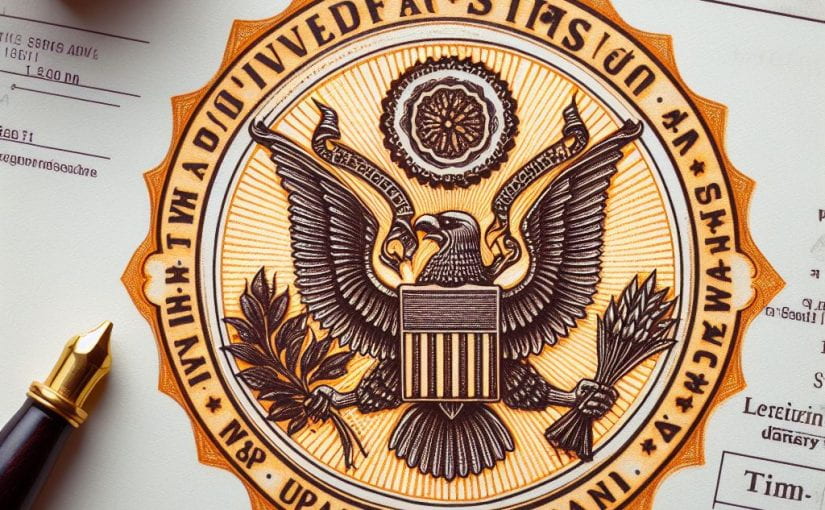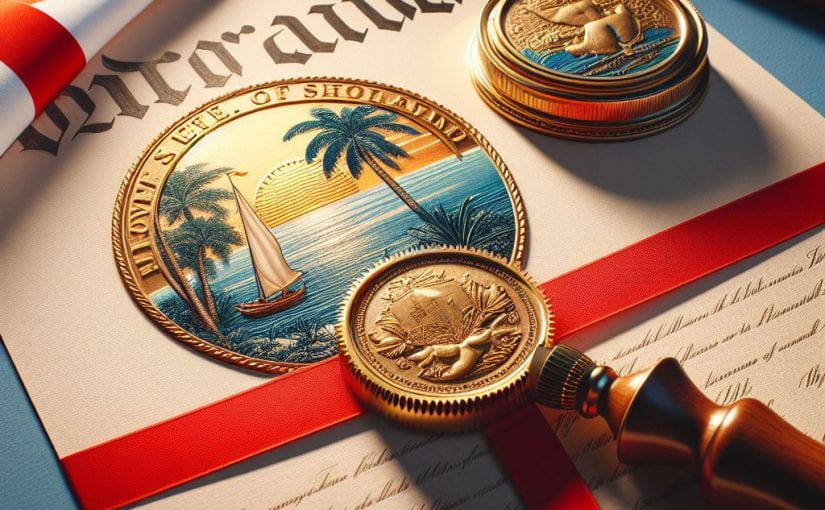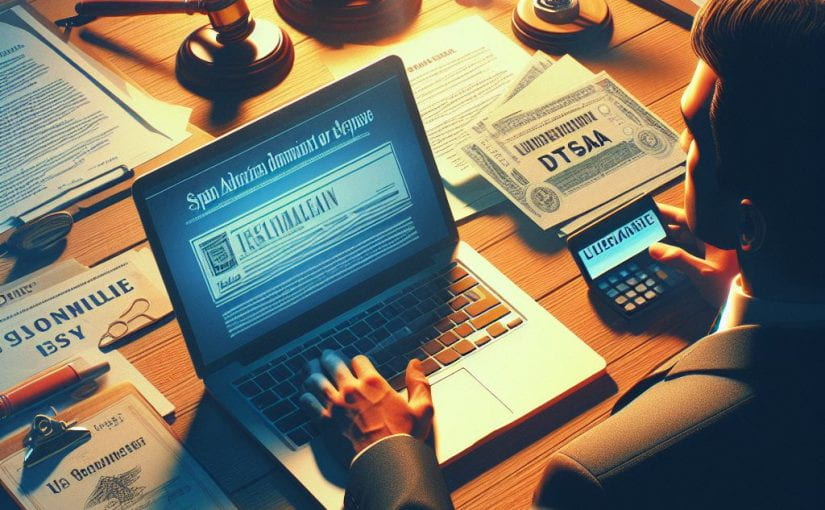
In an increasingly globalized world, the need for authenticating documents for international use has become crucial. For individuals and businesses seeking to engage in activities in the United Arab Emirates (UAE), ensuring the proper authentication of US documents is essential. This process, known as UAE Legalization, plays a vital role in validating the authenticity of US documents to be recognized in the UAE’s legal system and other official capacities.
Understanding the Importance of Document Authentication
UAE embassy legalization is the process through which US documents, such as birth certificates, marriage certificates, educational diplomas, commercial invoices, and power of attorney documents, among others, are authenticated to meet the requirements of UAE authorities. This authentication process is necessary to ensure that documents originating from the United States are legally recognized and accepted in the UAE for various purposes, including business transactions, legal proceedings, educational pursuits, and more.
Types of US Documents Requiring Legalization
The UAE Legalization process typically involves several steps to verify the authenticity of US documents. While the specific requirements and procedures may vary depending on the type of document and its intended use in the UAE, a general outline of the process includes the following steps:
Step-by-Step Process of UAE Embassy Legalization
- Notarization: The First Step: The document is notarized by a licensed notary public in the United States, verifying its authenticity and the signature of the person issuing the document.
- Authentication by the Secretary of State: The document is authenticated by the Secretary of State in the state where it was issued, confirming the authority of the notary public.
- Legalization by the UAE Embassy or Consulate: The document is legalized by the UAE Embassy or Consulate in the United States, confirming its acceptance in the UAE.
- Translation Requirements (if applicable): Documents may need to be translated into Arabic before legalization for use in the UAE, with the translation certified by a qualified translator.
- Final Authentication by the UAE Ministry of Foreign Affairs: The document may require further authentication by the UAE Ministry of Foreign Affairs in the UAE, confirming its validity and acceptance in UAE legal proceedings and other official matters.
Challenges and Considerations
It’s important to note that the UAE Legalization process can be complex and time-consuming, requiring careful attention to detail and adherence to specific requirements. Working with experienced professionals or agencies specializing in document authentication and legalization services can streamline the process and ensure compliance with UAE regulations.
Benefits of Working with Professionals
In conclusion, UAE embassy legalization is a critical step in authenticating US documents for recognition in the UAE. By following the necessary procedures and requirements, individuals and businesses can ensure that their documents are legally recognized and accepted in the UAE, facilitating smooth transactions, legal proceedings, and other official matters in the country.
